'Sleep divorce' is the expert-approved trend making headlines right now – I'm convinced it's the key to a better night's rest
Contrary to expectations it could be a good thing for you and your partner
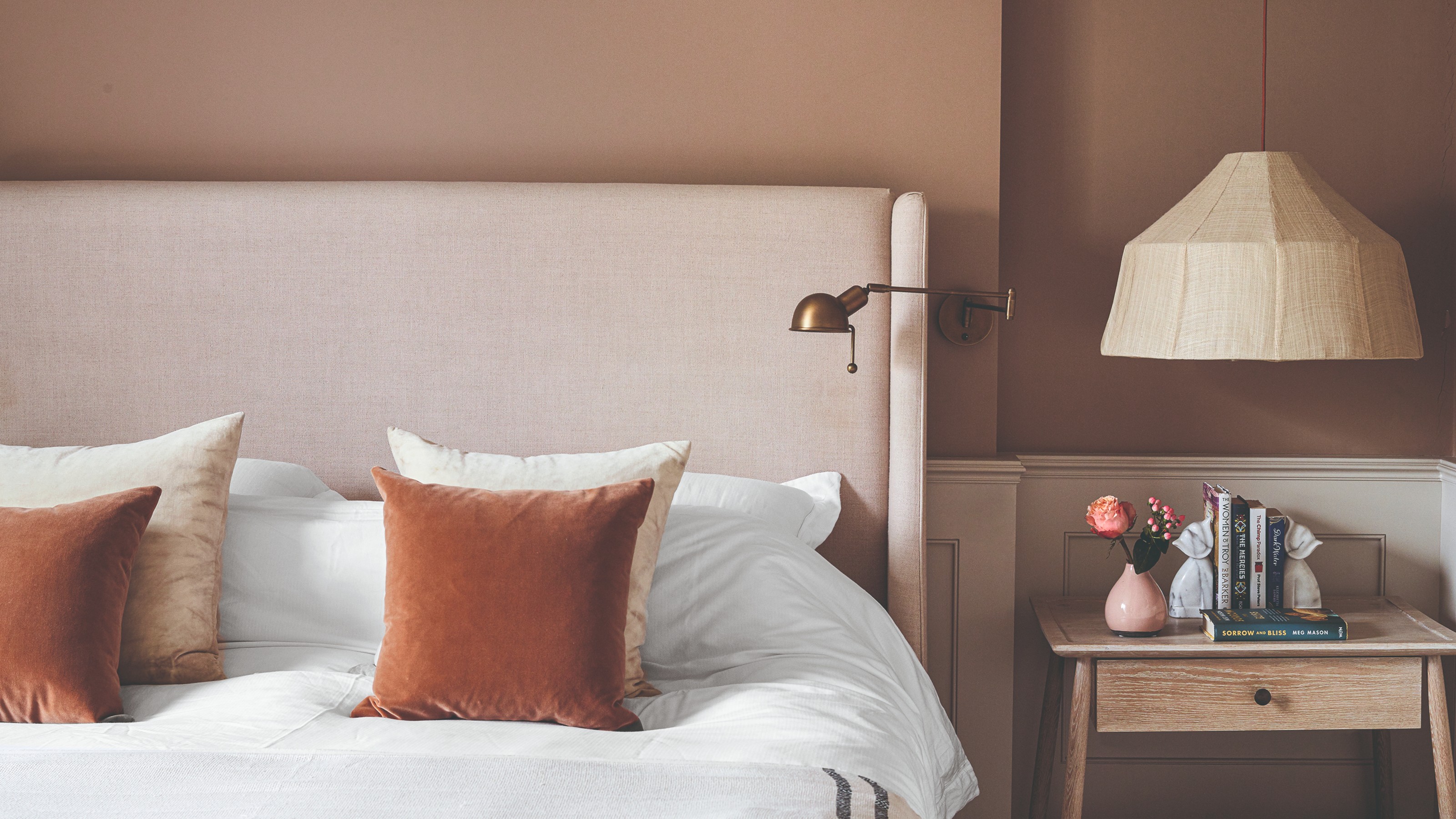

‘Sleep divorce’ is the trend currently taking the nation by storm, according to recent research. But what is a sleep divorce? It’s when a couple chooses to sleep in separate beds, and, if space allows, separate bedrooms from their partner, to get a better night’s sleep.
The reasons for a sleep divorce aren’t a relationship ‘on the rocks’ as you might first expect; instead, it’s a trend that otherwise loved-up couples are implementing as a solution to how to sleep better.
And it's little wonder. Recent reports show that the UK is seriously sleep deprived, with nearly three-quarters of UK adults not getting the recommended seven to nine hours of sleep per night. In fact, data shows 14 percent of us survive on dangerously low levels of sleep a night; just five hours.
Sleep research conducted by Dreams also shows that over half of us share a bed, but more than two-thirds of those surveyed say they slept better alone. To be honest, I’m not surprised.
As much as I love having my partner around, I’m also *delighted* when he goes away for a few days; mainly because I get to stretch out and enjoy *allllll* the bed to myself for a few nights. Turns out what I've been enjoying is 'sleep divorce', and it seems I'm not alone in finding it beneficial.
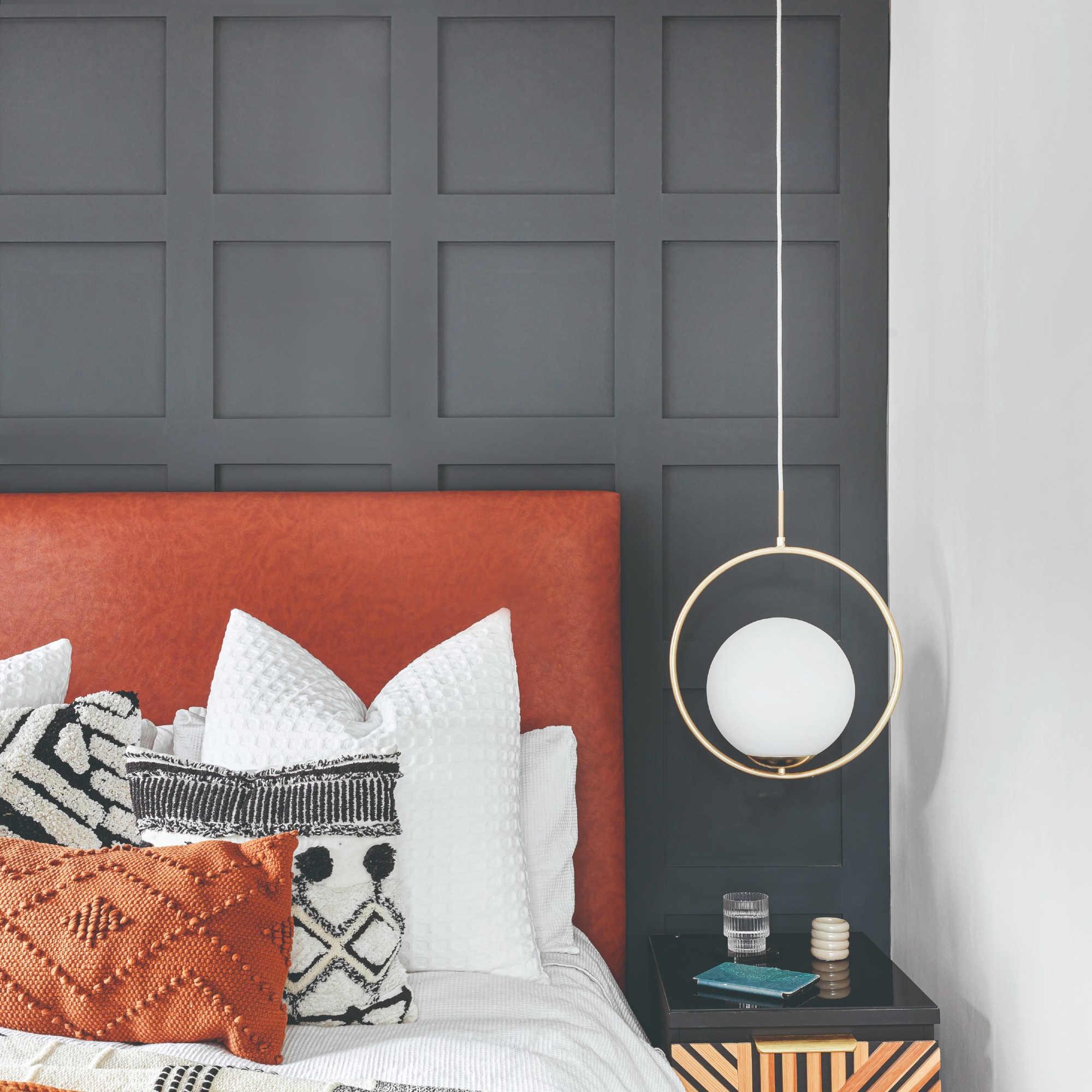
Reasons for sleep divorce
If you’ve ever shared a bed with a partner, you probably don’t need the potential reasons for sleep divorce explained. For me, it isn’t just the extra space that helps me sleep better on my own. It’s being able to drift off to sleep without part of my brain 'waiting' for my partner to come to bed later than me, and the inevitable disturbance to my sleep.
It’s tucking the duvet around me without it being tugged back in the other direction a few minutes later. It’s not being woken up by the light of someone else's phone when they can’t sleep and are scrolling the internet for the answer to whatever question has become suddenly urgent at 2 am.
Get the Ideal Home Newsletter
Sign up to our newsletter for style and decor inspiration, house makeovers, project advice and more.
It’s no one snoring millimetres from my face. It’s not sleeping on the edge of the mattress to get away from another person's volcanic body heat, and it’s not having someone else's alarm clock wake me up an hour before I need to get up.
I’m also willing to entertain the idea that there *may* be things my partner finds annoying about my sleeping habits. Perhaps.
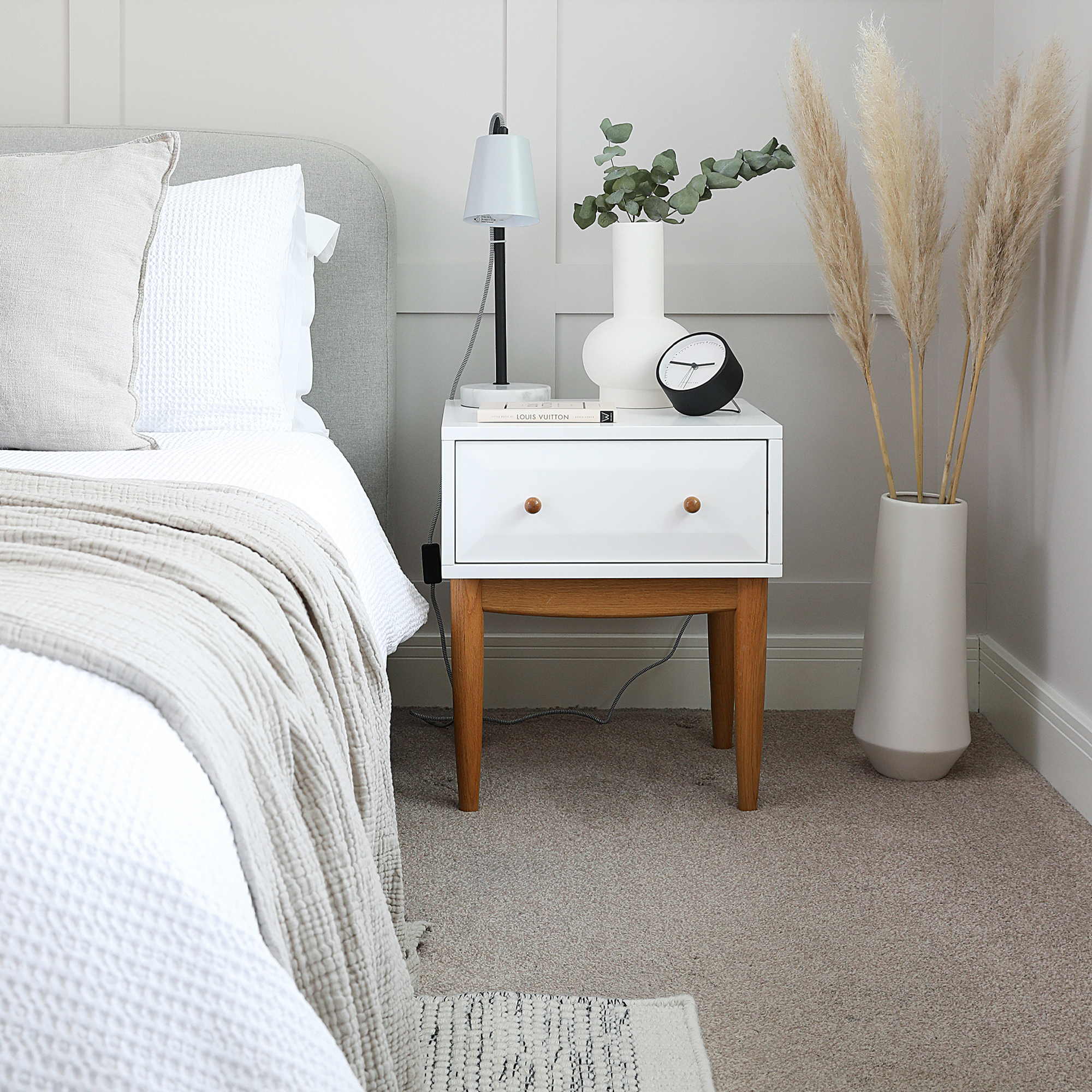
When I asked my friends, it turns out they feel the same way. One shares that she and her partner regularly sleep in separate rooms due to his snoring and the fact that they have different preferences in mattresses; he loves sinking into a cocooning memory foam mattress, she needs a firmer surface for back pain. That makes sense as the best mattress for one partner's sleep needs is often very different from their co-sleepers.
Another shares that her preference for early nights is incompatible with her night owl husband, so they would happily ‘divorce’ their sleep setup if they had another room to do so. ‘Maybe when the kids move out,’ she says. Yet another finds his partner’s need for the bedroom to be at a ‘roasting’ 24°C incompatible with his preference for sleeping with the window open, even when it’s -1°C outside.
It seems we’ve all realised a shared bed may not be all it’s cracked up to be once that new relationship energy wears off and you move into long-term relationship territory. And, according to experts, better sleep isn’t the only benefit sleep divorce can have.
Benefits of sleep divorce
'Although a ‘sleep divorce’ may sound like a drastic option, there are a number of benefits for couples sleeping apart,' says Ashley Hainsworth founder of the Bed Kingdom.
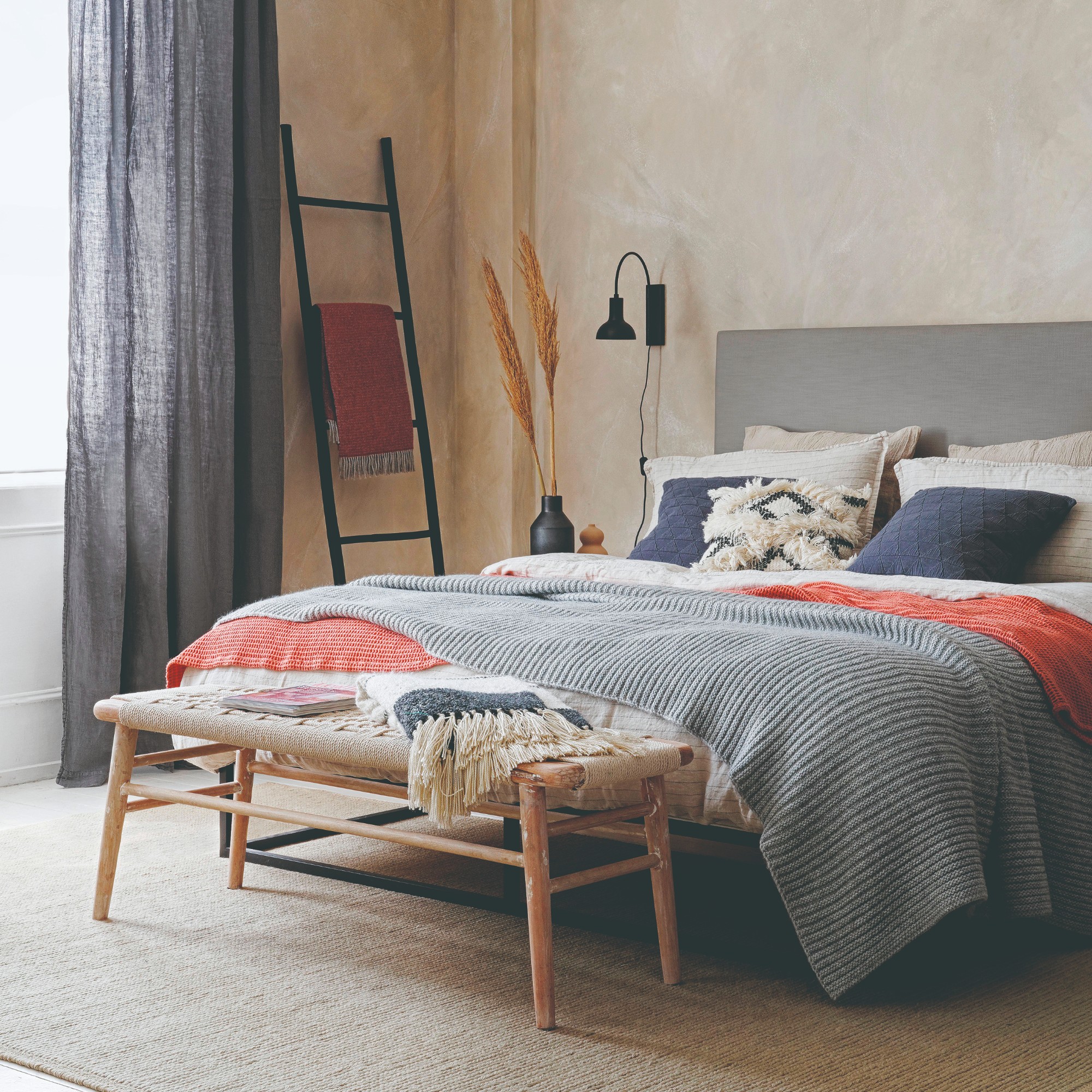
1. Better sleep
'The biggest and most obvious benefit is that it can improve your quality of sleep,' shares Ashley. 'If your partner tosses and turns throughout the night keeping you awake, having your own space will allow you to drift off easier, and stay asleep longer.'
'If you share a bed with a partner, you’re more likely to be nudged as the other person moves in their sleep and woken up because of it,' agrees James Wilson, sleep expert at The Sleep Geek. 'Maybe they snore, and it's right in your ear. Maybe they like a light on and you don’t.'
'Many couples struggle with disrupted rest due to different sleep preferences,' concurs Kerry Davies, 'The Sleep Fixer' at The Fine Bedding Company, 'sleeping separately can lead to deeper, more restorative rest.'
2. Improved relationships
There are plenty of studies that prove the connection between poor sleep and increased relational conflict, but most of us probably don't need research to tell us that a bad night's sleep will make us grouchy. And needless to say, tiredness can lead to us being a little more... snappy... with our partner. Especially when it's their snoring that has kept us awake counting sheep all night.
'A ‘sleep divorce’ might seem counter-productive,' says Ashley, 'but couples who sleep separately often see an improvement in intimacy and their relationship overall. When you’re no longer sleep-deprived and angry at the other person for keeping you awake, you’re more likely to feel connected and affectionate towards your partner.'
'Poor sleep can lead to irritability and fatigue, impacting daily interactions and relationship dynamics,' agrees sleep expert Kerry.
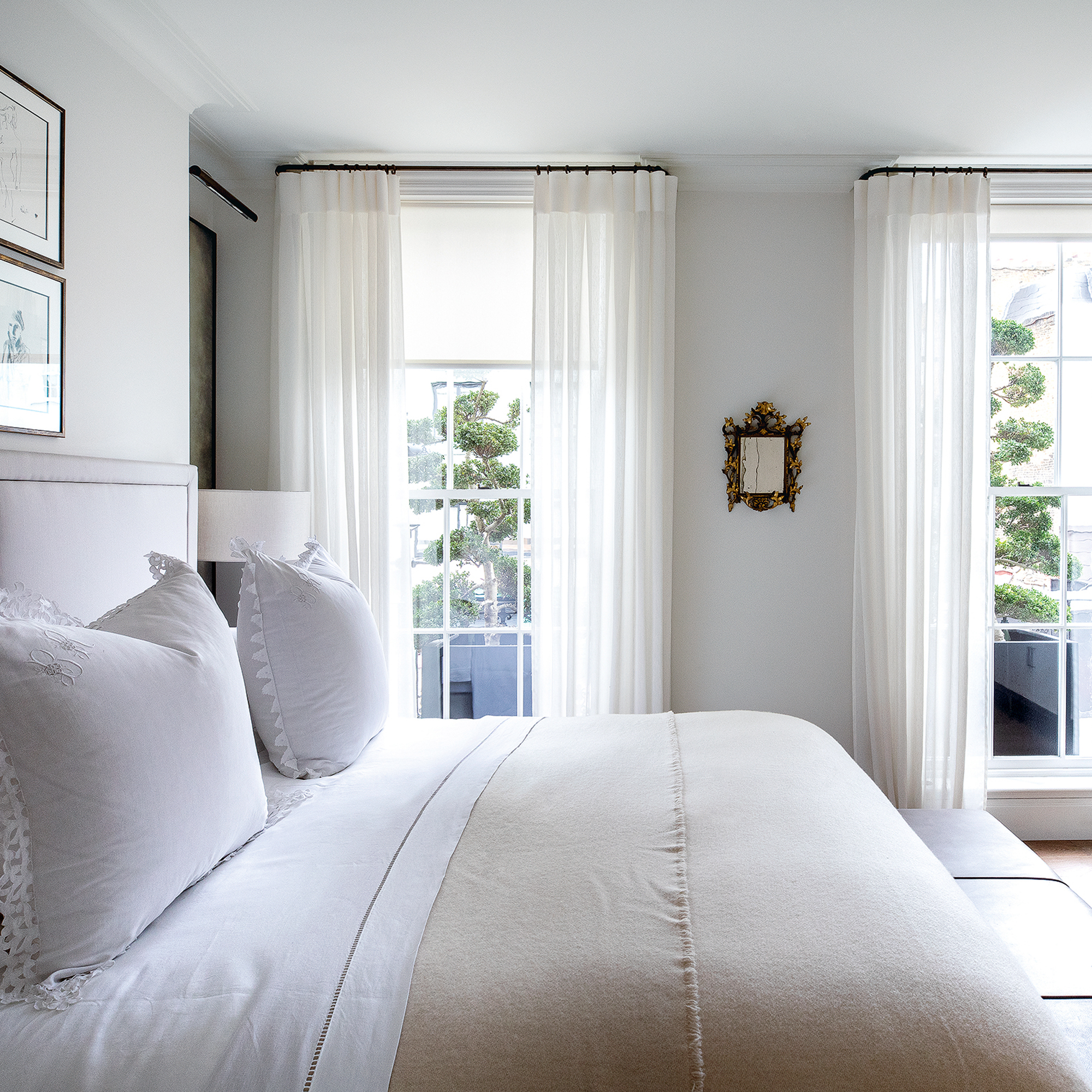
3. Better overall wellbeing
Numerous studies have found a lack of sleep to be linked to cardiovascular diseases and high blood pressure, so better sleep equals better overall health.
'It's no secret that getting enough good quality sleep can aid in helping a range of health conditions,' says Ashley. 'It can improve your immune system, relieve stress and anxiety, and can also help with weight loss as it regulates hunger hormones, making you feel less hungry and more satisfied.'
Disdvantages of sleep divorce
However, 'while a ‘sleep divorce’ can certainly improve a couple's lives, it may not be a solution for everyone,' says Ashley.
1. Damaged sex life
'If getting into bed each night is the only time you and your partner are intimate, sleeping separately can make it harder for these moments to occur,' says Ashley. 'I suggest spending some time together before you intend to sleep or come up with some creative ways to express your intimacy outside of the bedroom.'
2. Loneliness
'For those used to sleeping next to someone, that sudden change can increase feelings of loneliness,' says Ashley. 'I advise making sure you communicate with your partner about these feelings, and make sure you’re spending quality time with them before you head to bed.'
Personally, I think the delivery of breakfast in bed in the morning could mitigate those feelings. Just saying.
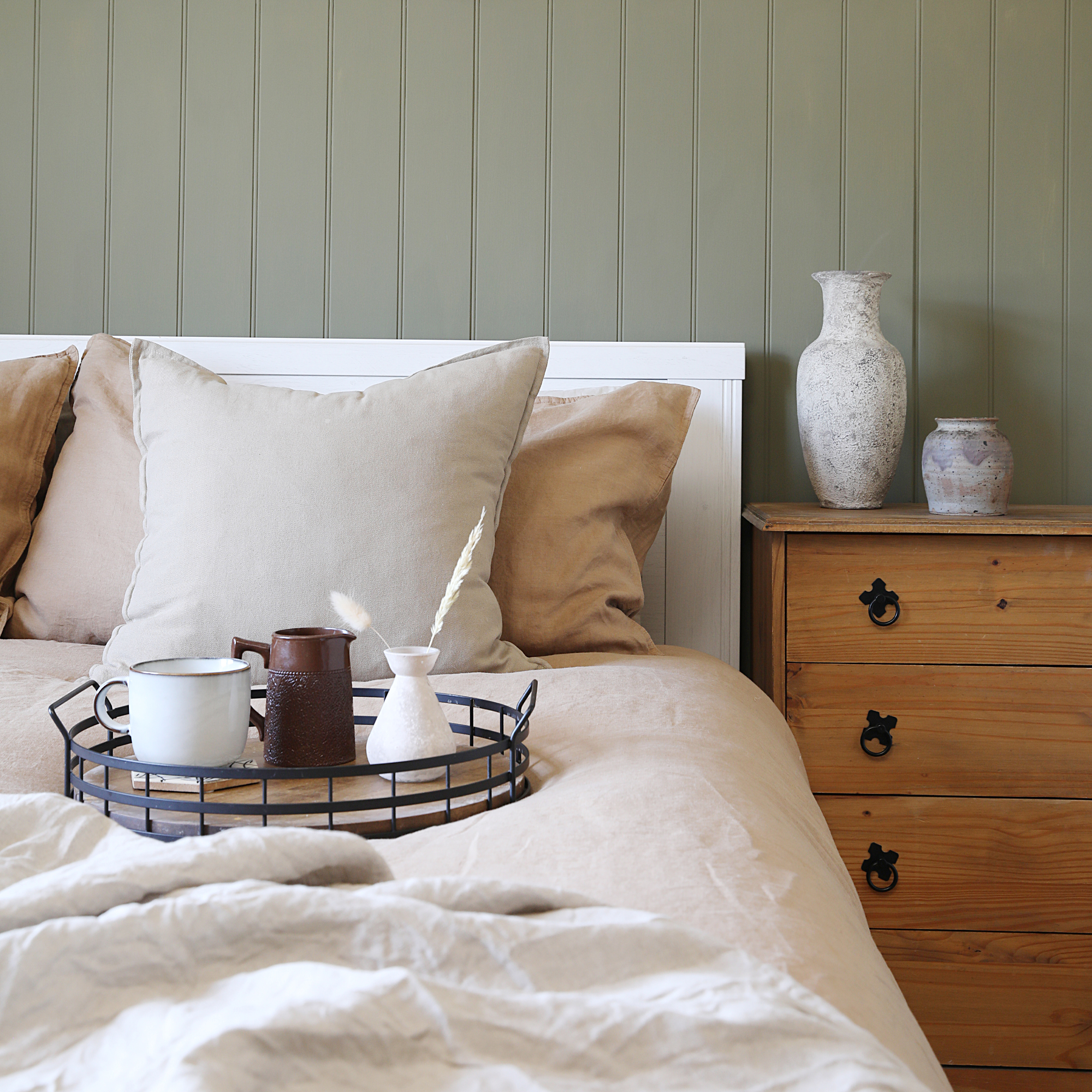
3. Lack of space
'In order to have a ‘sleep divorce’ you need, at minimum, to have separate beds,' Ashley points out. 'If snoring or different sleep schedules are the issue, you may even need separate rooms, which is a luxury that not everyone will be able to afford.'
'Not all homes have an extra bedroom, so finding solutions within the same space may be necessary,' agrees Kerry.
Alternatives to sleep divorce
To my mind, this is the main problem with the 'sleep divorce' trend. As Ashley says, it's all very well if you have a decent-sized guest bedroom for one partner to move into, or indeed a guest bedroom at all. But, for many of us, lack of space is going to be one of the biggest factors preventing a successful 'sleep divorce'. So, what can we do?
One option is a bigger bed. 'We normally compromise when it comes to our sleep environment,' explains James Wilson, sleep expert at The Sleep Geek. 'Around 65% of us sleep in a double bed. In a double bed you have 135cm of space,' (that means 67.5cm each); 'a baby in a cot has 70cm.'
'Couples need to sleep in a super king size bed to get the same individual sleeping space as they would get in a single bed,' agrees registered osteopath and founder of The Sleep Site, Dave Gibson. So, if you have the floorspace but not the extra spare room, a bigger bed may be able to solve a lot of sleep issues.
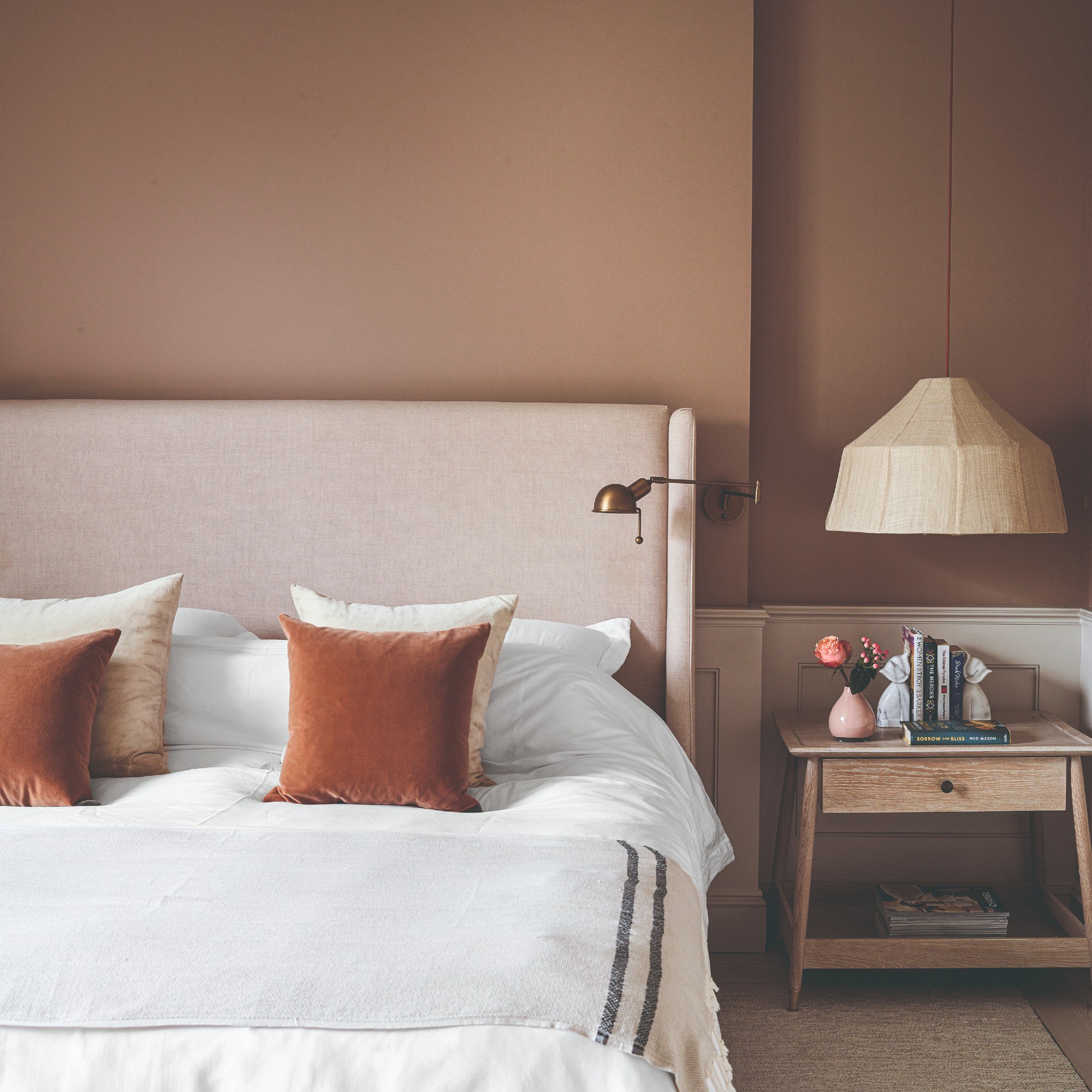
You could also adopt the German 'Doppelbet' sleep method and opt for twin beds in the same room, a zip-and-link mattress – like those available at Bensons for Beds or John Lewis – so you and your partner can have your own preferred mattress type.
Or use the Scandi sleep hack of separate bedding to reduce arguments over temperature and duvet hogging. 'If one partner runs hot while the other feels the cold, using individual duvets... even within the same bed, can help both sleep comfortably,' says Kerry. I've also found a wool duvet, such as the Woolroom Deluxe Washable Wool Duvet can work wonders for partners with different warmth preferences as wool is naturally temperature regulating.
'Consider buying earplugs or using a white noise machine to drown out disturbing sounds such as snoring,' adds Ashley. 'And, remember, a ‘sleep divorce’ doesn’t have to be permanent either. You can try it for a few days to see if it works, or you could implement it a couple of days a week, a particularly effective solution for those with different work schedules some of the time.'
Personally, I'm convinced, I reckon a Monday to Friday 'sleep divorce' so I can dodge my partner's 6 am alarm would work perfectly for me. What do you think?

Amy is Ideal Home’s Sleep Editor and the Ideal Home Certified Expert on Sleep. She's spent the last four years researching and writing about what makes for the best night’s sleep during the day and testing out sleep products to find the best-in-class by night. So far she’s clocked up over 10,000 hours of pillow, duvet, and mattress testing experience.
Our go-to for all things sleep-related, she’s slept on and under bestselling products from Simba, Emma, Hypnos, Tempur, Silentnight, Panda, and many many more.
As a hot sleeper, Amy is always on the lookout for the most breathable bedding, but she also leads a wider team of testers to ensure our product testing encompasses both hot sleepers, cold sleepers, front sleepers, back sleepers, side sleepers, and everything in-between.
You must confirm your public display name before commenting
Please logout and then login again, you will then be prompted to enter your display name.
-
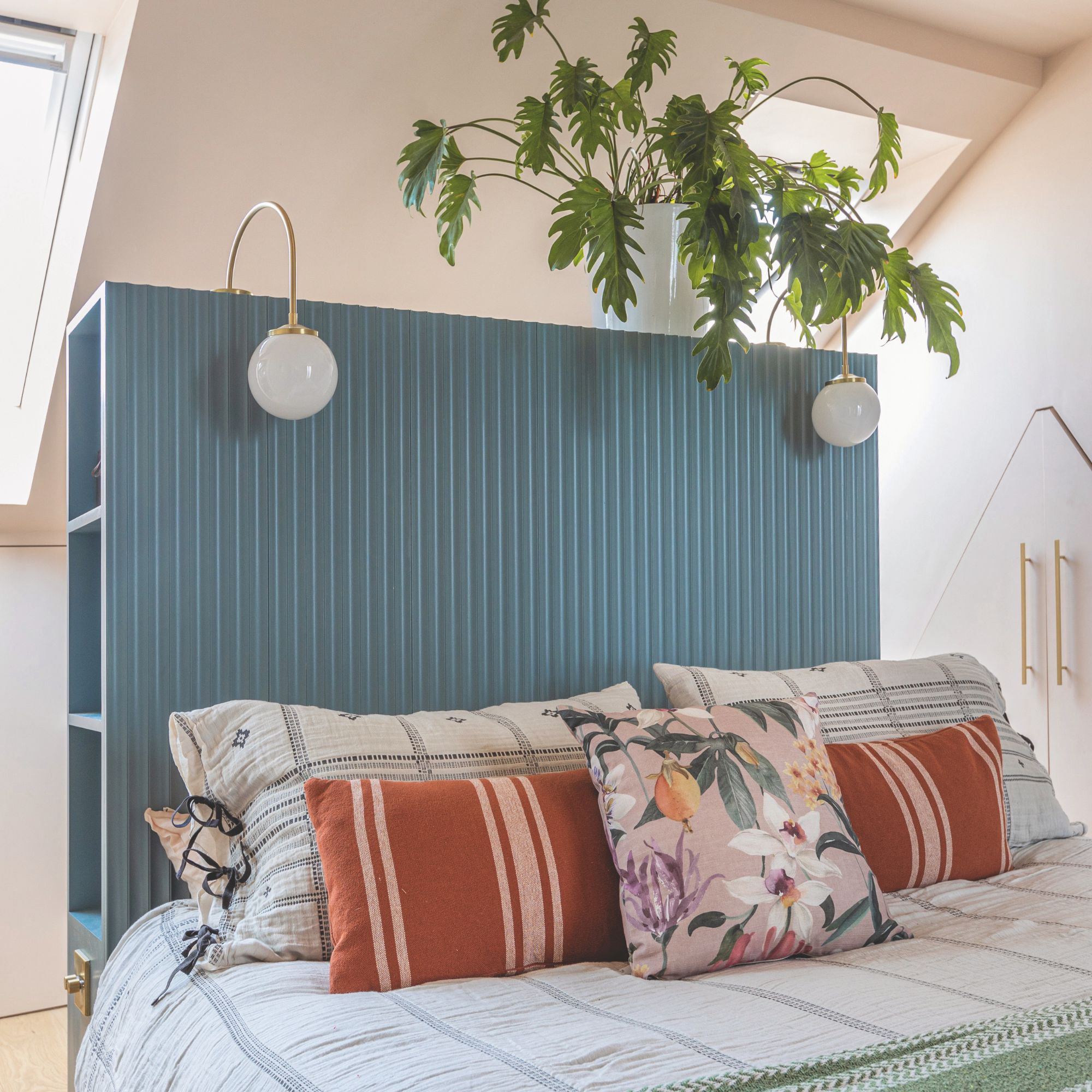 5 signs you’ve taken decluttering too far — and how you can pull yourself back, according to organisation experts
5 signs you’ve taken decluttering too far — and how you can pull yourself back, according to organisation expertsYou might have to start resisting the urge to purge
By Lauren Bradbury
-
 What is the Party Wall Act 3m rule and is it something you should be worried about? This is what the experts say
What is the Party Wall Act 3m rule and is it something you should be worried about? This is what the experts sayDon't get caught off-guard by the Party Wall Act 3m rule — our expert guide is a must-read
By Natasha Brinsmead
-
 Shoppers can’t get enough of The Range’s lemon tree, but I’ve found an even cheaper bestseller at B&Q - it’s perfect for a Mediterranean look
Shoppers can’t get enough of The Range’s lemon tree, but I’ve found an even cheaper bestseller at B&Q - it’s perfect for a Mediterranean lookWelcome the summer with this glorious fruit tree
By Kezia Reynolds

